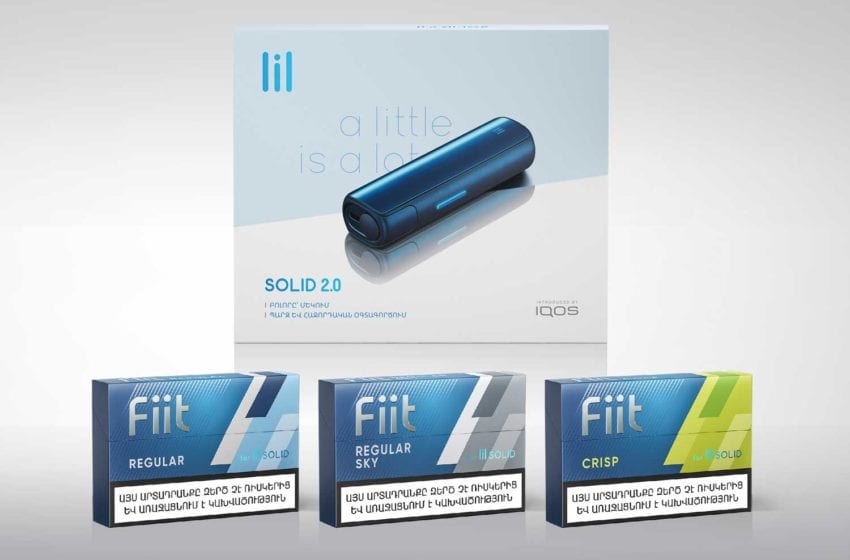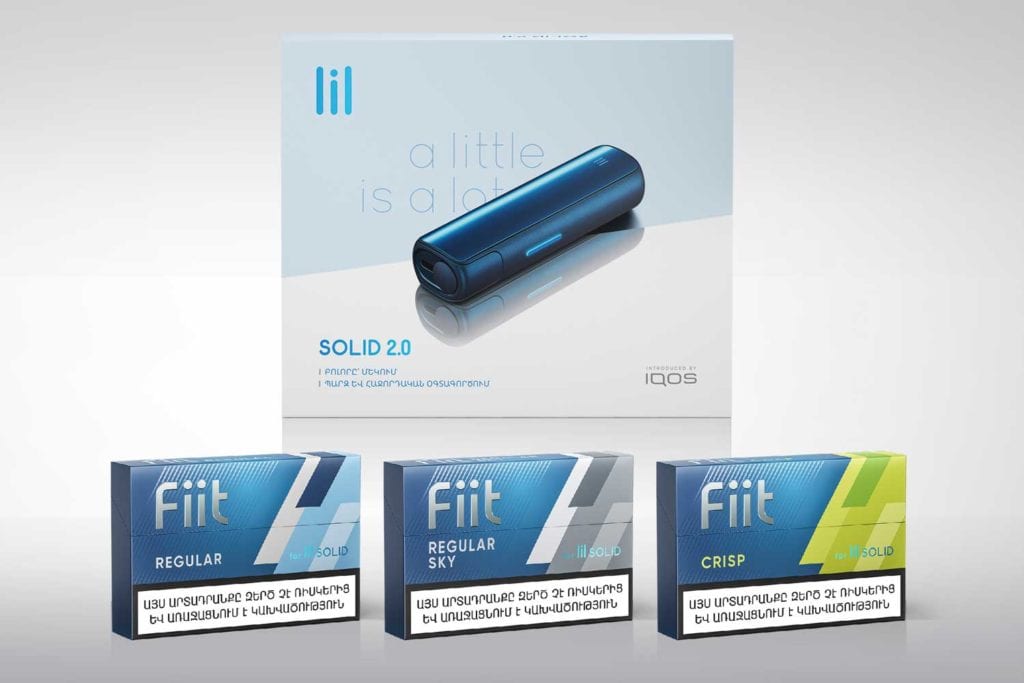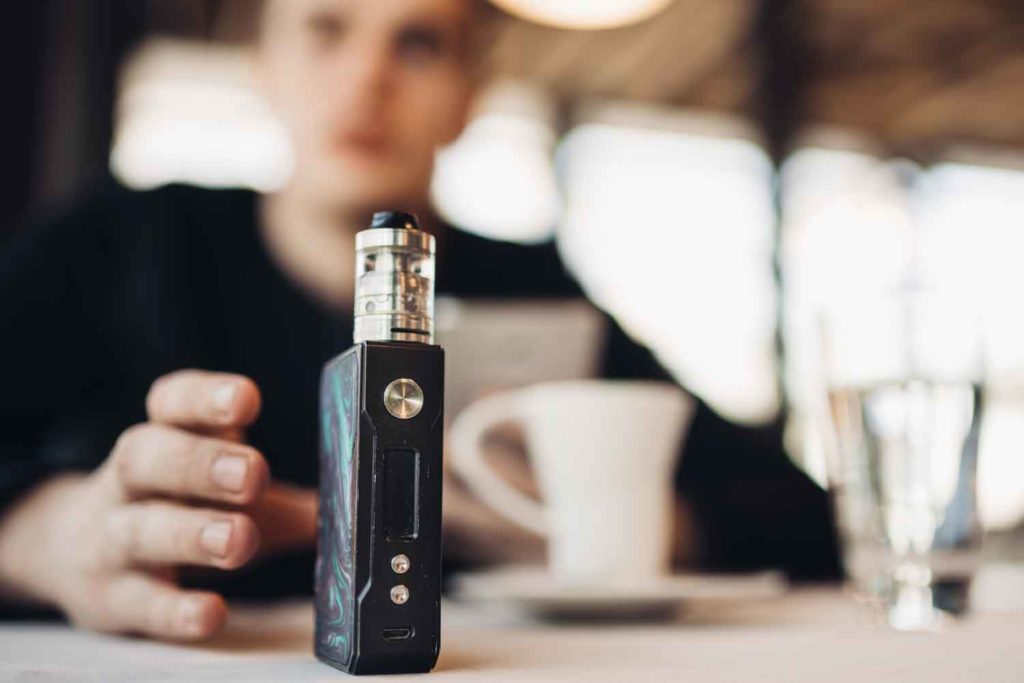
The number of Belarusian cigarettes smuggled through Lithuania is growing at a record pace, reports Belsat, citing figures from Lithuania’s Customs Department.
In the first three quarters of 2021, Lithuanian law enforcement officers seized 328 million smuggled cigarettes, compared to 297 million in 2020.
This year, 16.7 million cigarettes were seized on the railroad alone, twice as many as last year. Cigarettes were usually hidden in bulk cargoes, among fertilizers and crushed stone. The problem is exacerbated by the fact that there is no X-ray equipment at some stations.
Illegal cigarettes account for a quarter of the cigarette market in Lithuania. Of all smuggled cigarettes, 84 percent were produced in Belarus.
Belarus’ state-owned Neman factory has been fingered as a major source of illicit cigarettes in the EU. Around 10 percent of the 5.5 billion cigarettes sold illegally in the U.K. annually are believed to have originated in Belarus.
In September, British American Tobacco in suspended the contract manufacturing of its brands at Neman, following international criticism for Belarus’ heavy-handed suppression of protests against the outcome of last year’s disputed presidential elections.
Accounting for 70 percent of domestic cigarette sales, Neman effectively has a monopoly on the Belarusian tobacco market. Washington says it is one of several entities that receive preferential treatment from the regime in return for providing funds to Lukashenko.



















